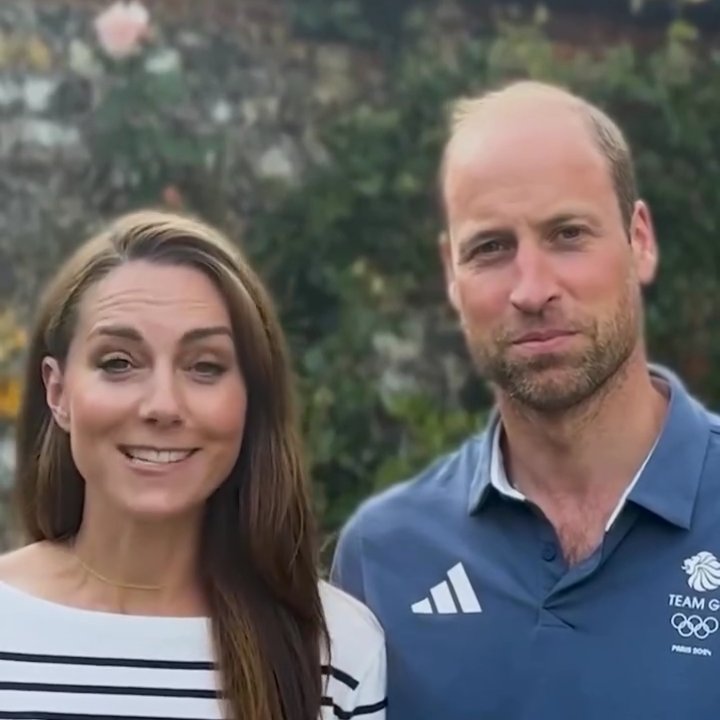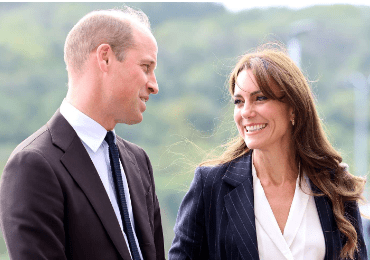
Prince William has recently shed light on his decision to forgo attending the Paris Olympics, revealing that his primary motivation behind this choice was to protect his wife, Kate Middleton. This revelation has
sparked significant interest and discussion, as it underscores the couple’s deep bond and the challenges they face in the public eye, particularly when it comes to managing their royal duties and personal lives.
As members of the British royal family, both William and Kate are accustomed to the scrutiny that comes with their status. Their every move is monitored by the media and the public, creating an environment
where even seemingly innocuous decisions can become fodder for speculation. By choosing not to attend such a high-profile event, William is making a statement about prioritizing his family’s well-being over
public appearances. This thoughtful approach reflects his commitment to protecting Kate from potential stressors that come with public engagements, especially during events that are likely to attract significant media attention.
William’s reasoning is particularly poignant in the context of the challenges faced by the royal family in recent years. The intense media scrutiny and public discourse surrounding their lives have often placed immense pressure on them, especially following the controversies and criticisms directed at various family members. By opting to stay away from the Olympics, William is not only shielding Kate but also signaling a desire to take control of their narrative, allowing them to focus on their roles as parents and partners rather than being constantly in the spotlight.

Moreover, this decision highlights the evolving nature of royal responsibilities in contemporary society. Traditionally, members of the royal family have been expected to attend numerous public events, representing the monarchy and engaging with the public. However, in recent years, there has been a noticeable shift toward a more modern approach, where personal choices and mental health considerations are becoming increasingly significant. By making this choice, William is aligning himself with a growing awareness of the importance of mental health and well-being, both for himself and for Kate.
Additionally, William’s decision could be viewed as a protective instinct rooted in his own experiences. Having grown up in the royal family and witnessing the pressures that come with it, he is acutely aware of the toll that public life can take on individuals and families. This understanding likely informs his protective nature when it comes to Kate and their children. By prioritizing their family’s privacy and mental health, William is demonstrating a proactive approach to managing the complexities of royal life.
